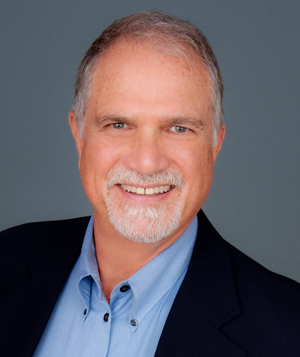Eugene City Council looking for gaps to curb chronic polluters
06 June 2022
NOTE from Councilor Groves: City Councilor Randy Groves asked for this council work session on Tools and Strategies for Addressing Chronic Toxic Polluters. This is the first of three work sessions to address situations like the JH Baxter dioxin contamination which occurred in the council Ward 8 section of the Bethel area. The other two work sessions prompted by Groves and Councilor Claire Syrett are on Risk Bonds and the potential for establishing a Health Overlay Zone.
Eugene council looking for gaps to curb chronic polluters
The Eugene City Council is exploring the possibility of expanding municipal authority to regulate chronic polluters, such as industries inside city limits.
The Monday evening work session was an informational meeting in which staff outlined current authorities and regulations ahead of the development of any new rules in the future. Land, air, water and noise pollutants were discussed at the meeting.
It was the first a series of work sessions the council will conduct this year to examine its authority in regulating sources of reoccurring pollution. The session Monday focused on regulatory tools available to the city, with later sessions to cover risk bonds and a public health overlay zone, a type of zoning over city sectors that could keep residents and industries separated.
The work sessions were inspired, in part, by recent developments in west Eugene, where the J.H. Baxter & Co. wood treatment facility contaminated residents' yards with dioxins, carcinogenic compounds from their industrial process.
'I guess I'm still looking for what we can do when something like dioxin contamination presents itself in west Eugene. I still don't have a good feel of what role the city really plays in that,' Ward 8 Councilor Randy Groves said Monday. 'It just feels like we should be able to do something, and I guess I'm struggling to find out what that is.'
Jason Dedrick, a policy analyst in the city manager office, told councilors Monday much of their existing regulatory powers works like a 'dial,' which can be turned up or down depending on the desired outcome. Dedrick said there isn't an easy answer to Groves' question, partly because going beyond existing standards may require new research.
'One of the tricky things about regulation is that if a city or municipality or any local government decides to go beyond current state or federal laws, you'd need some kind of science or data proving why a jurisdiction is deciding to go there,' Dedrick said. 'It puts you out on a limb a little bit when you try to have more stringent regulations.'
Groves said he's hoping council work session will reveal the gaps in regulatory authority city government can fill.
'I just want to make sure we plug as many of the holes as we can so when we do find out there are things that are happening we can have a swift and good response to help people in our community,' Groves said. 'I certainly don't feel good about the current situation around J.H. Baxter and what our community members are experiencing there.'
In his presentation, Dedrick outlined where municipal authority already intersects with the main pollution regulators, the Lane Regional Air Protection Agency and the Oregon Department of Environmental Quality. Those nexus points include the city's wastewater program, the Toxics Right-to-Know program , existing local ordinances and other items.
Councilors and staff also discussed the potential for implementing 'buffer zones' to insulate residential areas from industries and instructed city staff to prepare an ordinance adding vibrations in the air to existing noise ordinances.
A work session on public health overlay zone is scheduled for July 25 and a work session on fossil fuel risk bonds has been approved, but not yet scheduled. Information from other related meetings may inform future decisions.
'I'm in favor of looking at every tool we can and then deciding what's the best path forward,' Groves said. 'I don't know that we'll know exactly where to step, but our footing should be better by the time we complete this series.'
Contact reporter Adam Duvernay
